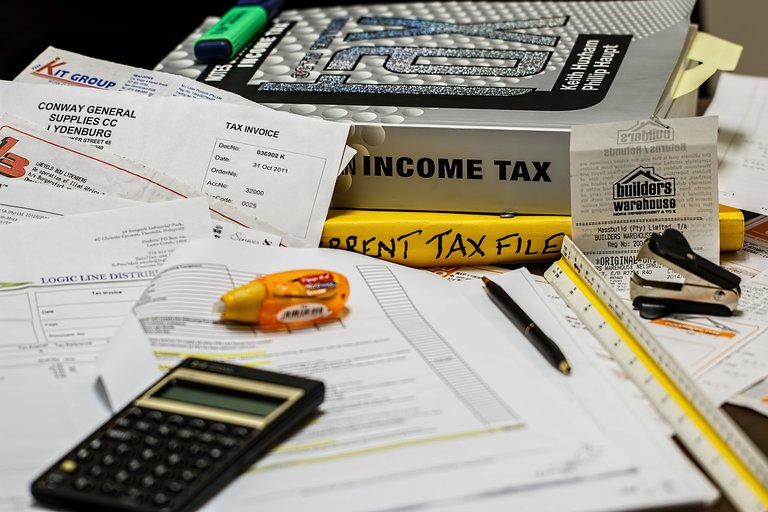Greetings!
As I learned in secondary school in Economics class, there are up to 9 or 10 different types of taxes practiced in Nigeria, and not all of them are directly channeled to individuals. Some are directed towards companies, properties, and other entities. I like how taxation is patterned this way because it means not everyone has to pay for what they are not using, to some extent, apart from the general tax that's passed indirectly as we consume goods or services.

What if there's the same fixed amount of tax on both the rich and the poor?
As it has been in the Nigerian system (unless it has been changed), taxing individual incomes is based on the principle of "the more you earn, the more you pay in taxes." I like it this way because it's fair as far as I'm concerned.
It wouldn't make sense if a man earning $100 were to pay the same amount of tax, $10, as a man earning $1,000. Although to the rich man, it might appear unfair, upon closer inspection, it's a balanced and fair calculation, and there's absolutely no bias there.
Personal income tax is essentially operated using the "Pay as You Earn" method, which applies to employed staff, and this is deducted from their salary using the same method and the bigger the salary, the higher the tax and vice versa.
For the taxations based on our consumption rate, I like it the way it's weighed too...The more you buy goods or consume services, the more you pay for them, and the less you consume, the less you pay. It wouldn't be fair if the government made every citizen, both rich and poor, pay $5,000 per year as a tax fee to cover the little taxes that come with the consumption of goods and services. This would be so disadvantageous to the poor, who might not be able to purchase or consume goods worth $2,000 per year, yet would still be required to pay a $5,000 tax fee for the year. It's better to have a "pay as you consume" system. You consume less, you pay less; you consume more, you pay more. With that pattern, it never feels imposed or forced on anybody.
With everything I've said, the system looks balanced. It may sound like I'm supporting the poor, but that's not the case. I know the rich might argue that being poor is not an excuse to live well or pay less tax. Well, I understand how this looks, but come on, the progressive payment system is more balanced as it doesn't appear to be partial. You know, the amenities in the country, which the government uses these taxes to maintain, are more utilized by the rich.
It's not like that, right?
We all know that there are many things that the rich enjoy more in the city, while the poor make just 1% use of such amenities in a month or year. Just think about it well.
Thanks for reading.
Image source 1